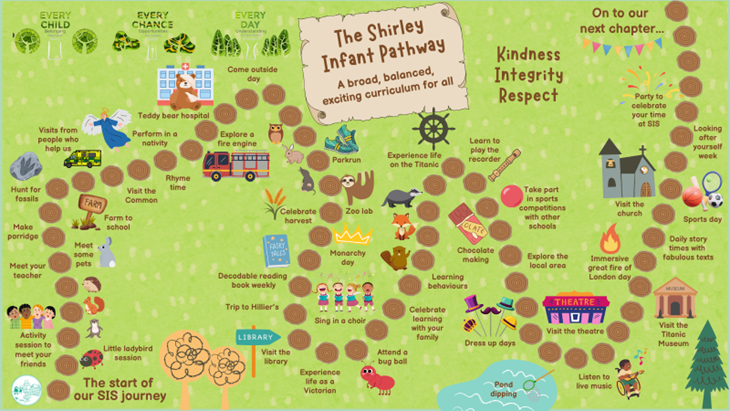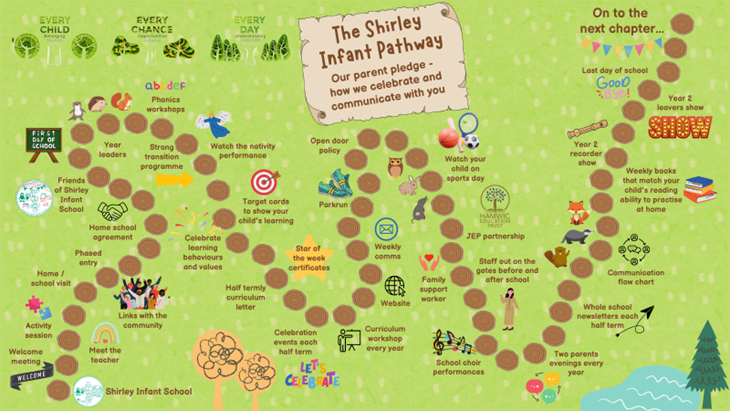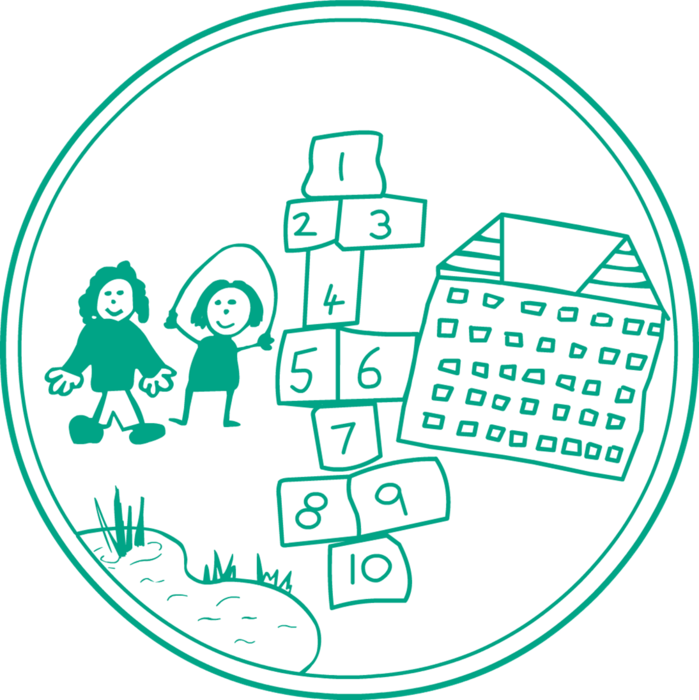Curriculum
Welcome to the curriculum overview page. Here, you will find the curriculum coverage across the different subjects and year groups.
If you still have questions about our curriculum, please don’t hesitate to speak to your child’s teacher or alternatively the Deputy Headteacher, via the school office: office@shirleyschools.co.uk
The development of the whole child is our top priority and with this in mind we have created a curriculum which is constantly changing and which inspires moral, spiritual and creative growth as well as academic growth. Excellent relationships are central and staff aim to know every child well and to recognise their talents and uniqueness. Within this framework we maintain a tradition of high attainment and progress.
The curriculum is a framework within which learning and teaching takes place. Our school complies with the Equality Act 2010 and the Special Educational Needs & Disability Regulations Act 2014. All children at Shirley Infants have access to an integrated, broad and balanced curriculum, regardless of gender, race, religion, age or ability. We firmly believe in the importance of providing meaningful learning experiences which embed learning into our children's Semantic memory. Our curriculum focusses on knowledge and the progression of skills within our core and foundation subjects. We strive to build webs of knowledge our children can hook key components and concepts to.
Our Core Values
Our values enable us to offer a curriculum that fills the gaps that our children might not get culturally to become a well-rounded person. For example, local statistics within our city have indicated significant impact on aspirations. We believe our children should get rich experiences to promote high aspirations for themselves. Therefore, trips and visitors are planned to enable children to access cultural opportunities and evoke new dreams and aspirations.
Our key values which are embedded in our curriculum, school ethos and parent engagement are:
Independence
Definition: We want our children to strive to be independent in their learning. We want them to be able to access the resources they need and seek the skills to further their own learning.
Co-operation
Definition: We want our children to develop into citizens who respect each other and respect themselves. We want them to have the skills to work together, being able to challenge each other but take on other ideas and points of view as well as their own.
Perseverance
Definition: We want our children to be able to take on challenges and understand it is OK to make mistakes as this is how we learn. We are preparing our children for a ever-changing world, and we want them to be able to take on challenges to succeed in their ambitions and dreams.
Curiosity
Definition: We want our children to be curious about the world they live. We want them to investigate hw things work and how they can change something. Children have a natural curious nature, and we aim to nurture this to apply to many aspects of our curriculum and their world too.
Kindness
Definition: We want our children to be respectful citizens who look out for each other. We want them to resolve their own problems, including conflicts. We want them to respect differences and opinions and support each other in their own environment and the wider community.
Key Stage One Assessment
In Year 1 and Year 2 we will discuss your child's achievements at parent's evenings and report on their end of year progress in the summer term. Your child will be assessed as whether they are 'working towards age expectations,' 'working at age expectations' or 'working above age expectations.' These assessments will be made in all subjects across the curriculum.
At the end of Year 1, inline with their report, you will receive your child's pass mark against the Phonics test. This will be published with their end of year report.
At the end of Year 2 your child’s teacher will report their teacher assessment judgements to you at the end of the summer term. You’ll receive judgements for your child in:
• English Reading
• English Writing
• Mathematics
• Science
• Phonics retake score if this applies to your child
Remember that children learn at different rates; some children may make good progress in a short period of time and then not for a while – nobody can learn at a consistently steady pace.
If your child is working below the overall standard of the key stage, or they have special educational needs, reporting will be different. You should speak to your child’s teacher for more information.
Early Years Assessment
Children in the Foundation Stage experience the EYFS framework Development Matters 2021. This comprises seven areas of learning and development. All areas of learning and development are important and interconnected. Three areas are particularly crucial for igniting children's curiosity and enthusiasm for learning, and building capacity to learn, form relationships and thrive. These are developed within the pre-school years and built upon within Year R. These are:
Communication and Language
Physical Development
Personal, Social and Emotional Development
The children are also taught within four specific areas, through which the three prime areas are strengthened. These are:
Literacy
Mathematics
Understanding of the world
Expressive Art and Design
The children are then assessed in June on the Early Learning Goal for each aspect of learning. The Early learning Goal is a summation of the strands within the age bands the children are assessed against throughout the year. This assessment will be reported to you in their summer term report.
The impact of our curriculum is ensuring children from their learning know more and can do more.
Curriculum Roadmaps


